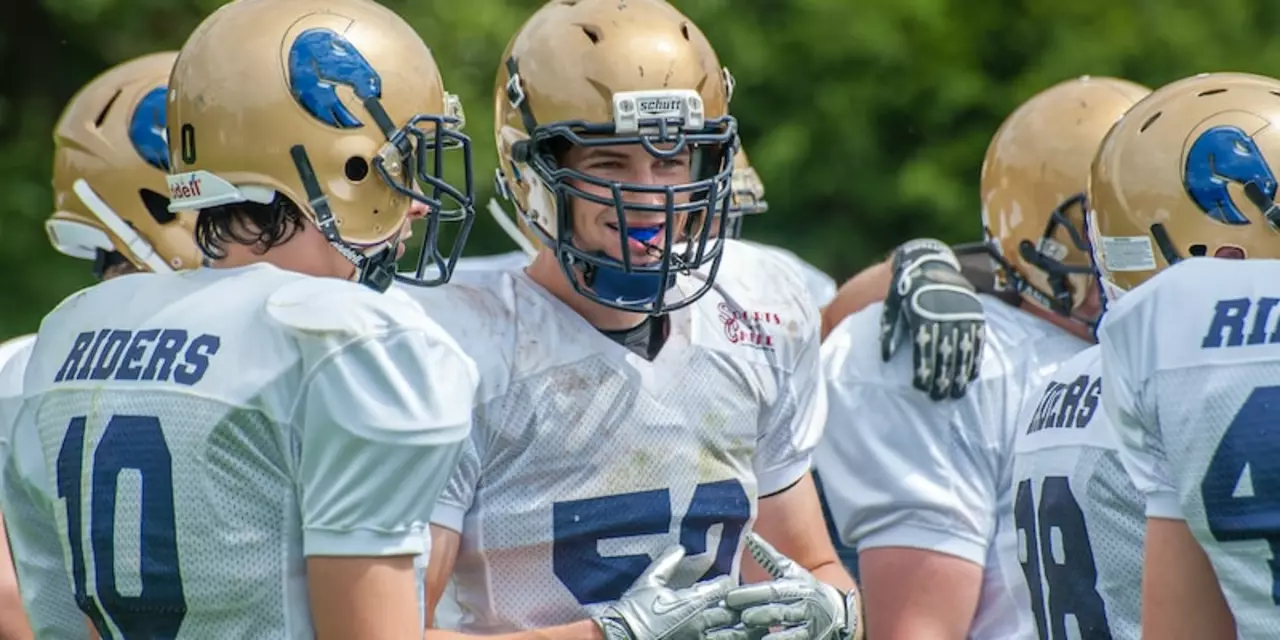Sports Strategies: Practical Tips for Players, Fans and Teams
When it comes to sports, a good strategy can be the difference between a win and a loss. Whether you’re a player looking to improve your game, a coach planning a match, or a fan wanting to stay safe at big events, the right approach matters. This page pulls together the most useful ideas from our articles so you can apply them right away.
On‑field Tactics You Can Use Today
First off, let’s talk about the actions that happen on the pitch, court or track. In basketball, quick pick‑and‑roll plays create space for shooters. In football, a simple change from a 4‑4‑2 to a 3‑5‑2 can give you extra midfield control without overhauling the entire system. For individual athletes, focusing on one skill per week – like improving footwork for a winger or perfecting a serve for a tennis player – yields measurable progress faster than trying to overhaul everything at once.
Don’t forget the mental side. Visualization before a game helps the brain rehearse moves and builds confidence. A few minutes each night, picture yourself executing a perfect pass or a decisive tackle. That mental rehearsal translates into quicker reactions when the real pressure hits.
Off‑field Strategies: Safety, Finance and More
Success isn’t limited to the stadium. Our Celtic supporters’ safety guide shows how a well‑planned travel strategy can keep fans out of trouble. Using club‑arranged transport, avoiding team colours in risky zones and following a tight entry schedule reduces the chance of a bad incident and lets fans enjoy the game.
Financial strategy matters too. The WNBA’s model demonstrates that leagues can survive losses when they lean on sponsorships, broadcast deals and strong brand partnerships. Smaller clubs can adopt a similar approach by targeting local businesses for sponsorship, creating engaging social media content and offering merchandise that fans actually want.
For lifelong participation, pick low‑impact sports like swimming or cycling. These activities keep you fit without taxing joints, meaning you can stay active well into older age. Pair your sport with a balanced diet and regular check‑ups, and you’ll have a health strategy that lasts a lifetime.
Finally, remember that every strategy needs regular review. The Harry Potter attraction in Vancouver was reconsidered after public backlash, showing that a plan must stay flexible and responsive to new information. Keep an eye on feedback, adjust your tactics, and you’ll stay ahead of problems before they grow.
Bottom line: good sports strategies blend on‑field tactics, off‑field planning and constant refinement. Use the tips above, tweak them for your situation, and watch your performance – or your fan experience – improve step by step.
Is the Super Bowl staged?
- Kellan Hartford
- February 1, 2023
- 0 Comments
The Super Bowl is the biggest event in American sports, and many people question whether the result is predetermined or not. Studies show that some of the most successful teams rely on strategies that could be considered suspiciously similar to those of staged events. However, with the huge amount of money and attention invested in the Super Bowl, it would be unlikely for teams to deliberately throw the game. The evidence suggests that the Super Bowl is not staged, but the possibility cannot be ruled out entirely.
read more